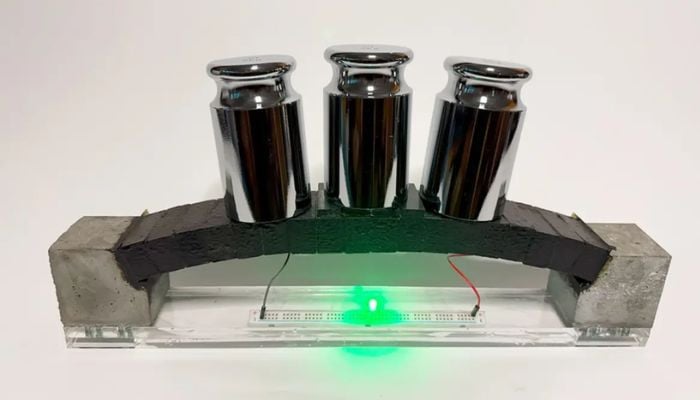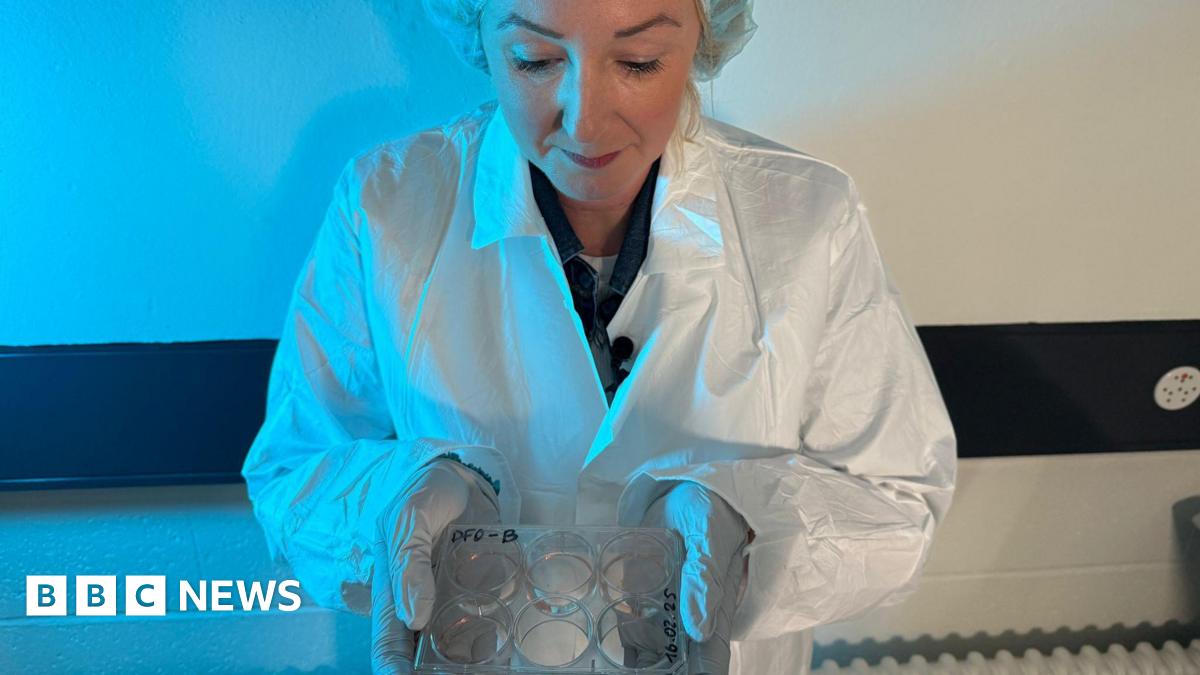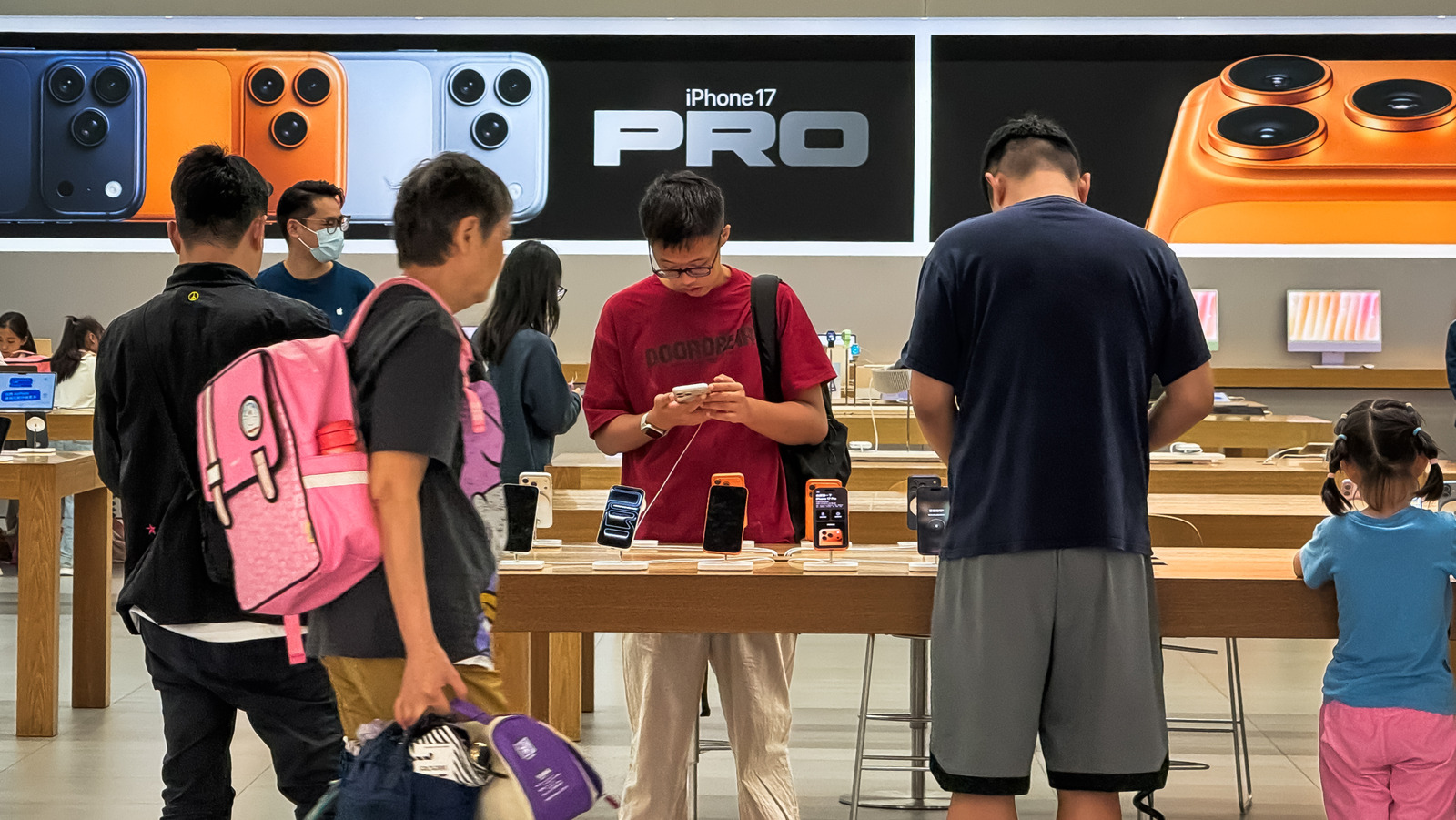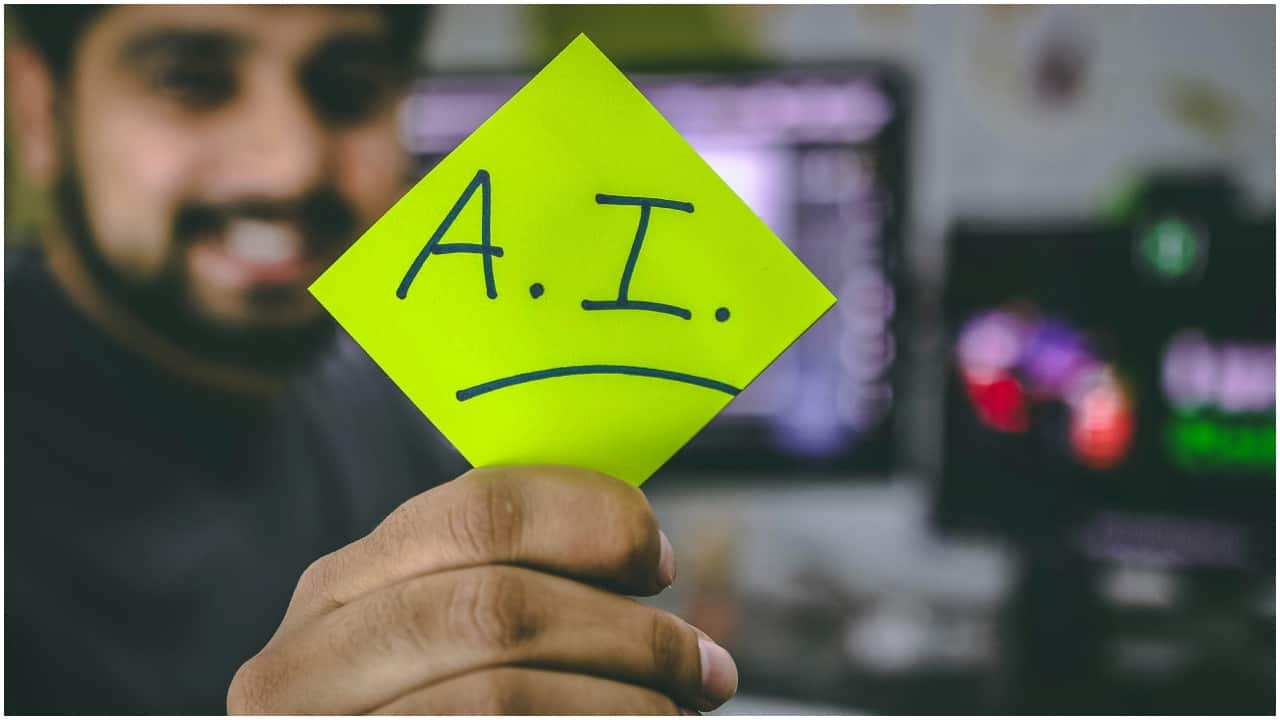Unbelievable AI Is Transforming Crime Prevention Like In Minority Report!

Imagine a world where crime could be predicted before it even happens—like something straight out of a sci-fi movie! That’s not just a fantasy anymore; it’s becoming reality thanks to groundbreaking advancements in artificial intelligence.
Meet John Anderton, the futuristic police chief from the 2002 film Minority Report, played by none other than Tom Cruise. Anderton lives in a world where premeditated crime has been virtually wiped out, thanks to an impressive blend of technology and meta-humans gifted with predictive abilities. While the film is set in a distant future, the truth is we’re already inching closer to that scenario, all thanks to innovative AI systems.
One such innovation comes from Airez, an ambitious startup led by CEO Herman DeBoard. They’re pioneering a real-time security system that uses AI neural networks to detect potential criminal activity before it escalates. When asked about the connection to Minority Report, DeBoard didn’t shy away, saying, “That’s pretty close to what we’ve created here.” However, he acknowledged that many people liken their technology to Skynet from the Terminator series—a powerful yet sinister AI.
So, how does this all work? Picture a Vegas casino or an NFL stadium reaching out to Airez for a cutting-edge security solution. Initially, Airez conducts a non-invasive pilot program, analyzing live sensor data from the facility, including video footage and environmental information. The AI sifts through the data, flagging anything that appears unusual.
What Airez delivers is more than just raw data; they provide contextual narratives of what’s happening. “We give you stories,” DeBoard explains, detailing everything from the emotional state of individuals involved to their behaviors and even their attire. Imagine receiving a 60-second video summary of potential threats in real-time!
If the client is impressed and decides to proceed, Airez seamlessly integrates its software with their existing security systems. They even offer advanced sensors, such as infrared cameras and their patented FoRi system, which can detect vibrations and sounds to pinpoint exact locations—which is currently being tested in parking garages.
Airez utilizes a sophisticated AI model that combines multiple Large Language Models and Vision Language Models, creating a supercharged system capable of interpreting data from various sources. DeBoard refers to the AI as female, attributing a sense of awe to her capabilities. “This is going to sound a little creepy… she has the five senses,” he explains. The AI can even assess air quality and communicate with users through texts or video updates.
However, with great power comes great responsibility. Experts are already raising concerns about the implications of such technology. Darrell West from the Brookings Institute highlights that while AI can identify anomalies, it’s essential to ensure these systems don’t infringe on personal privacy. The increasing camera presence in public spaces is a concern for many, particularly as AI becomes more entrenched in surveillance.
Critics argue that while crime-fighting tools sound appealing, there’s a risk of creating a society where individuals are constantly monitored, leading to a loss of personal freedoms. Matthew Guariglia from the Electronic Frontier Foundation warns that AI is inherently biased, reflecting flaws in its training data. “AI can’t understand human behavior,” he points out, emphasizing the risks associated with deploying such technology in sensitive areas like schools.
DeBoard acknowledges these apprehensions, insisting that Airez doesn’t focus on facial recognition technology. Instead, the goal of Airez is straightforward: to detect unsafe situations without infringing on individual privacy. “Our focus is on event detection, not personal profiling,” he asserts, emphasizing their commitment to ethical use of AI.
As technology continues to evolve, the debate around its implications will intensify. DeBoard highlights the necessity of utilizing existing data smarter to enhance safety rather than normalizing unnecessary surveillance. In a world where cameras are ubiquitous, the future of AI in crime prevention is both promising and fraught with challenges.




























